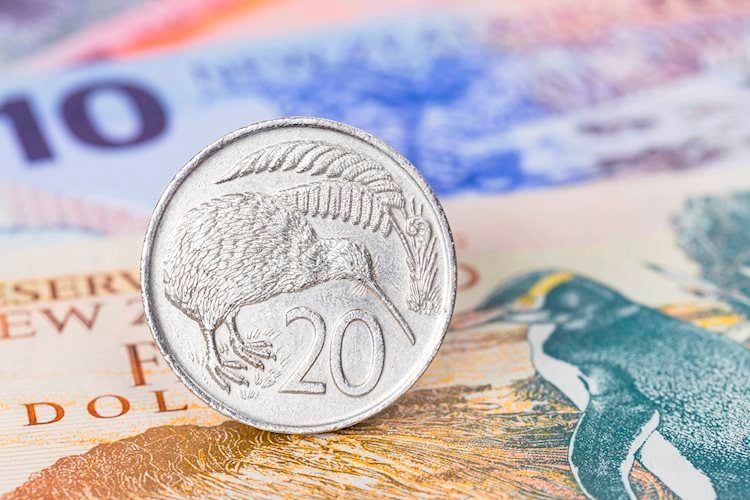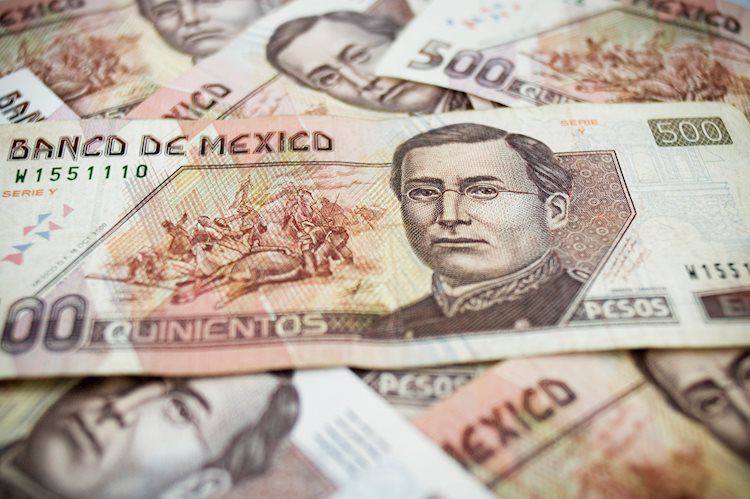By George Lampiris
The significantly increased costs associated with one of the main consumer goods that Greeks buy from both supermarkets and restaurants, were referred to the executives of the Hellenic Coffee Association, noting that the main factor that opened the field of cost increase was the frost that broke out in the summer of 2021 in Brazil, affecting the Arabica coffee crop. Gradually, however, other cost factors were added, such as the rise in shipping prices, where, as noted by George Koukos, treasurer of the Hellenic Coffee Association, the price of a container from Brazil from $ 2,000 a year ago now rises at $ 6,000. At the same time the cost for a container of coffee transport from India according to him from 1,500 dollars last year reached up to 10,000 dollars this year for a quantity of about 20 tons of coffee (19,200 kilos). The above in combination with the increase in raw material prices, which currently averages about 2-3 euros per kilo of coffee compared to a year earlier, led to an average price increase of 7% in supermarkets. Currently, according to the president of the Hellenic Coffee Association, Giannos Benopoulos, the price of coffee from Brazil in terms of raw coffee is about 5 euros per kilo plus the Excise Tax. As for the raw material that comes from Latin America, its price is around 8 euros for raw coffee.
At the same time, the coffee market in Greece, which through supermarkets had an increase in consumption during the pandemic years – given that a significant part of the closed restaurants were moved home – recorded a 10% increase in sales volume in the two years 2020- 2021. At the same time, despite the decrease in sales currently recorded on the retail shelf, this market remains at higher levels of sales in volume by 4% -5% this year compared to the pre-Covid year, 2019.
The Greek is the first in consumption quantities in the supermarkets
Regarding the most popular types of coffee in supermarkets, the first place in sales volume is occupied by the Greek with about 50% of the total consumption, the instant about 20% and the filter together with the espresso the remaining 25%.
According to the president of the Coffee Union, Giannos Benopoulos, Greek coffee has been losing part of its sales lately, where according to data for the first quarter of 2022, the reduction in volume consumption is at -5%. However, this fact is largely due to the fact that in 2021 in the first quarter Greece was under lockdown status resulting in increased consumption at home, so now that the market is balanced, the difference is reflected in the above percentage.
Espresso capsules are gaining share in supermarkets
One category that is gaining ground in recent years is that of capsules, as the consumer seeks alternatives of high added value in the coffee he consumes. The total value of sales of all types of coffee through Greek supermarkets amounts to 300 million euros, with 10% of these sales coming in the first quarter of 2022 from espresso capsules.
In terms of catering, the total value of consumption is around € 3 billion, which corresponds to the sale of the beverage served to the consumer.
Request for abolition of the Special Consumption Tax
One of the main issues on which the executives of the Coffee Union stood is the request for the abolition of the Special Consumption Tax. “In September we were at the table to ask for the reduction if not the abolition of the Special Tax, but such a thing was not possible,” said Mr. Benopoulos. “We maintain good relations with the State and our goal is to be serious and reliable interlocutors with its representatives,” he added.
Among the demands of the coffee processing sector in Greece is the issue of imposing a stamp on the loan for the provision of equipment to restaurants due to the bureaucratic costs that this process entails. In particular, the stamp declaration through the relevant platform of AADE should be made in every transaction related to the customer and within a period of up to five days with the fine amounting to 500 euros for any
delay.
The executives of the Hellenic Coffee Union have asked the government to declare the movements for the equipment to be done collectively either on a monthly basis, or in a longer-term horizon during the year.
Joining the NSRF
Finally, another issue that has been discussed with representatives of the State is the integration of the coffee processing industry in the beneficiaries of the NSRF, in addition to the Development Law, to which its representatives have the right to belong. It is pointed out that the inclusion in the NSRF for coffee processors is not foreseen at the moment, with the reasoning that they do not maintain coffee plantations in Greece. At the same time, however, the Hellenic Coffee Union requests the transfer of the evaluation of development programs for companies in the sector from the current Ministry of Rural Development to the Ministry of Development and Investment.
Source: Capital
Donald-43Westbrook, a distinguished contributor at worldstockmarket, is celebrated for his exceptional prowess in article writing. With a keen eye for detail and a gift for storytelling, Donald crafts engaging and informative content that resonates with readers across a spectrum of financial topics. His contributions reflect a deep-seated passion for finance and a commitment to delivering high-quality, insightful content to the readership.






